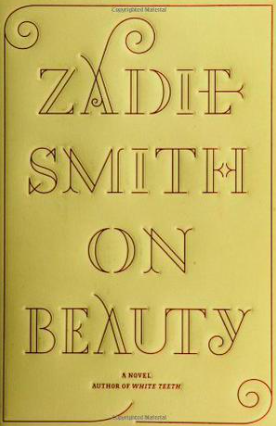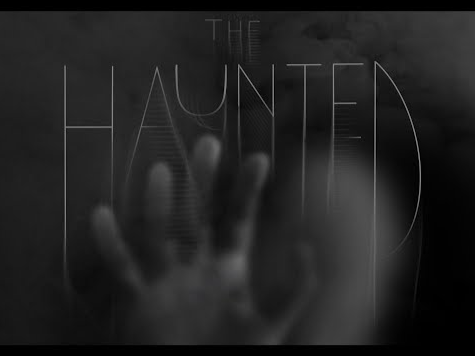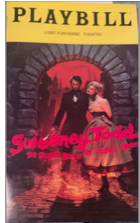SOS, SZA’s New Album
After taking a five-year hiatus from album-making following the 2017 release of her debut album, Ctrl, SZA released her sophomore album, SOS, on Friday, December 9th. Since the release of Ctrl, SZA has dropped nearly 16 singles or collabs, including record-breaking songs like “Kiss Me More” with Doja Cat, winning a Grammy Award for Best Pop Duo/Group Performance, and “Good Days,” which peaked at number nine on the Billboard Hot 100. In this article, I will examine the greater themes of SOS, SZA’s motivation for writing the album, and her artistic growth on SOS.
In her first album, Ctrl, SZA reflects upon her journey for finding self-love and acceptance in her twenties in the midst of heartbreak and self-doubt, and SZA, now in her thirties, continues this narrative on SOS. While similar themes of love, hurt, anger, and revenge appear on both Ctrl and SOS, SZA takes more risks on SOS both sonically and lyrically.
Frequently pigeonholed as an alt-R&B and Soul artist, SZA expands her range of genres on SOS. Listeners hear dusty soul on acoustic romantic ballad “Nobody Gets Me,” freestyle trap on opening track “SOS,” and pop punk and grunge on “F2F.” SZA also has an indie rock artist feature on one of her songs for the first time with SOS track “Ghost in the Machine,” featuring Phoebe Bridgers.
“I’m so tired of being pegged as [an] R&B artist,” says SZA. “I feel that’s super disrespectful, because people are just like, ‘Oh, ‘cause you’re Black, this is what you have to be.’ With songs on this album, it’s supposed to help round out the picture and the story.”
SZA’s lyrical growth as an artist is also seen on SOS as she delves deeper into the full emotional spectrum of heartbreak with vulnerability and honesty, more freely expressing her insecurities, anxieties, and regrets. My favorite example of this is “Ghost in the Machine,” featuring Phoebe Bridgers, in which SZA expresses her apathy for her current life and her desire for her lover to distract her from the trials and tribulations of her daily life: “Everything disgusting, conversation is so boring/Can you make me happy? Can you keep me happy?/Can you distract me from all the disaster?”
Another great example is “Nobody Gets Me,” one of the most vulnerable ballads of SZA’s career, in which she reflects upon a toxic relationship and her lack of self-worth: “How I’m suppose to let you go?/Only like myself when I’m with you/And I know that it’s too late, I don’t want to lose what’s left of you/Nobody gets me like you.”
Needless to say, SZA has come a long way from Ctrl’s muted, electric guitars and synthesizers. Her broadening artistic vision on SOS is evident as her songs effortlessly swing between genre constraints, sketching the complexity of human emotions. As songwriter and producer Benny Blanco put it, “She [SZA] took a lot of risks on this album and did things that people were naïve and didn’t think she could get away with. She can do everything…There’s nothing stopping her – ever.”











